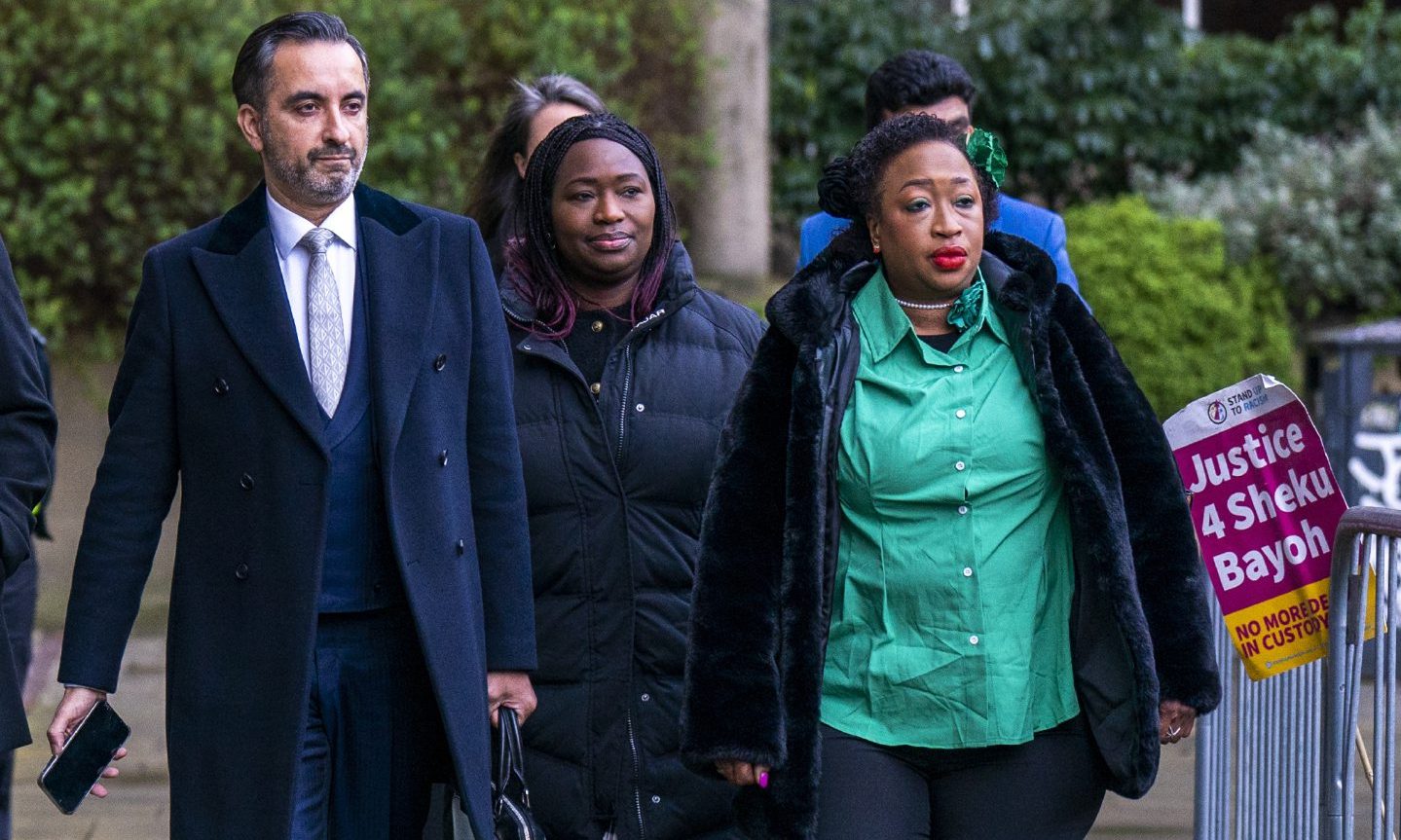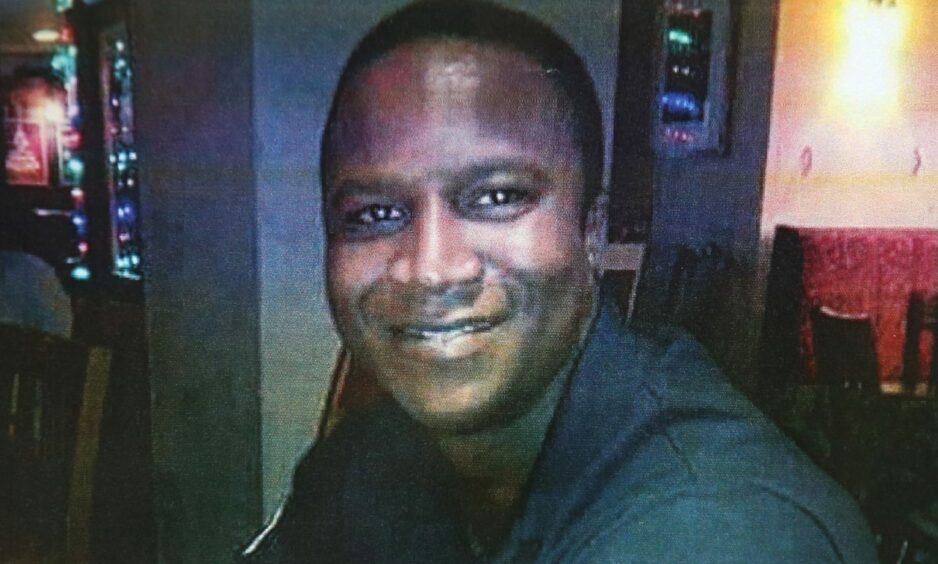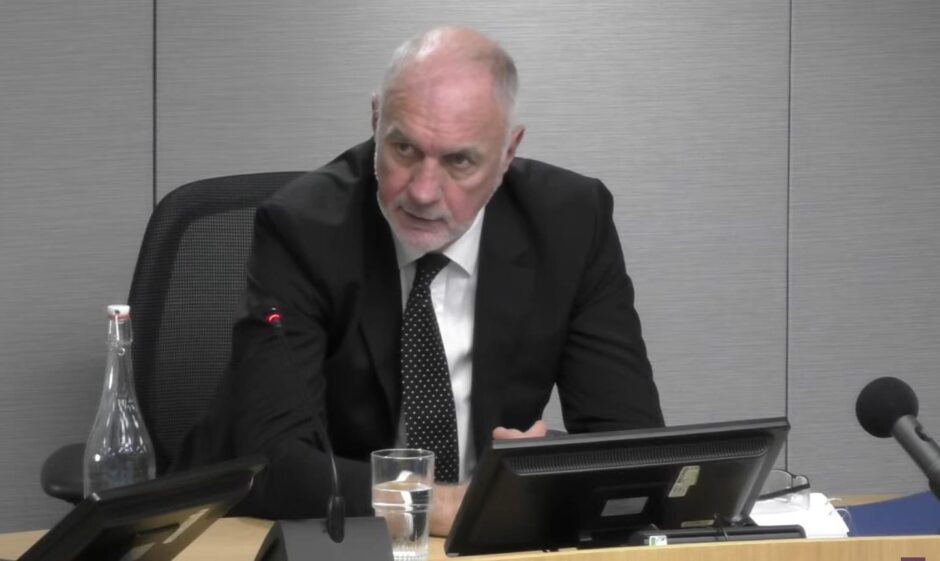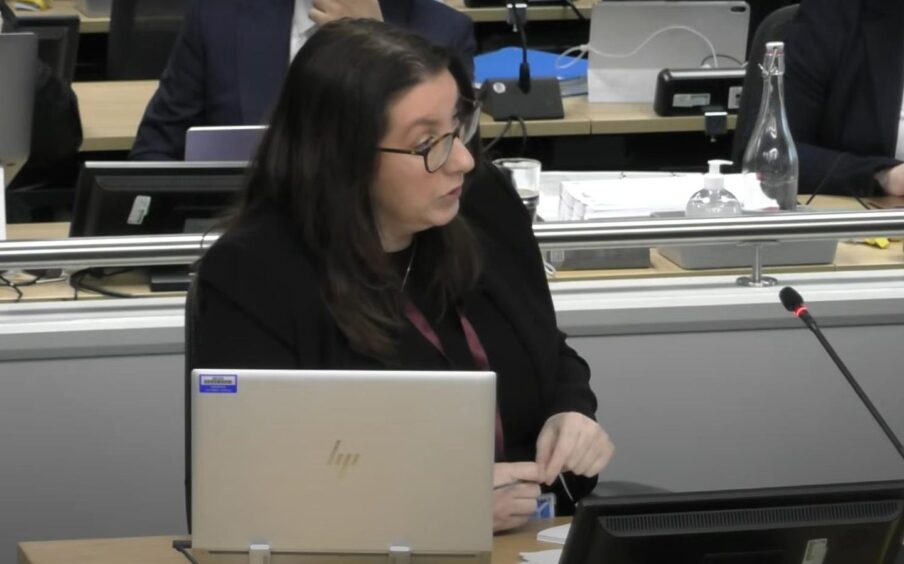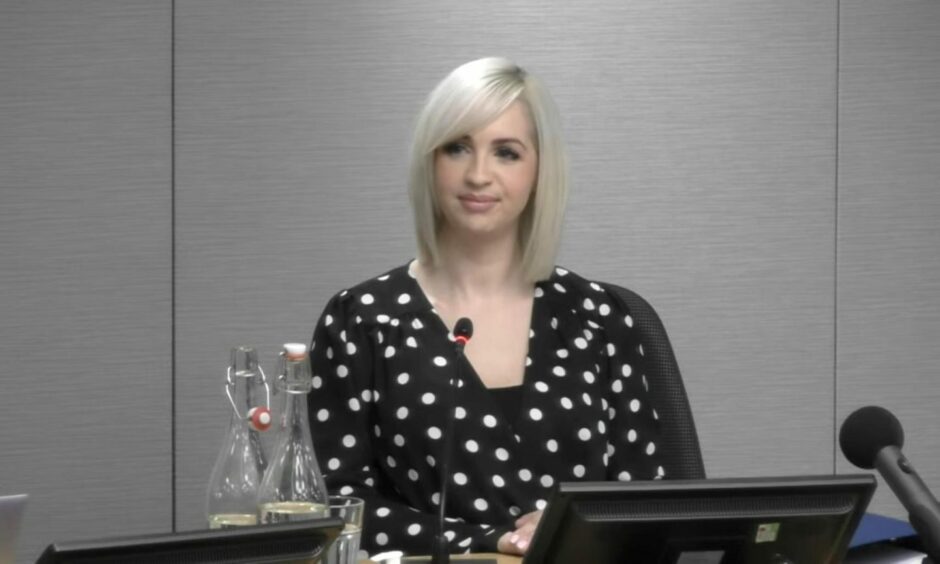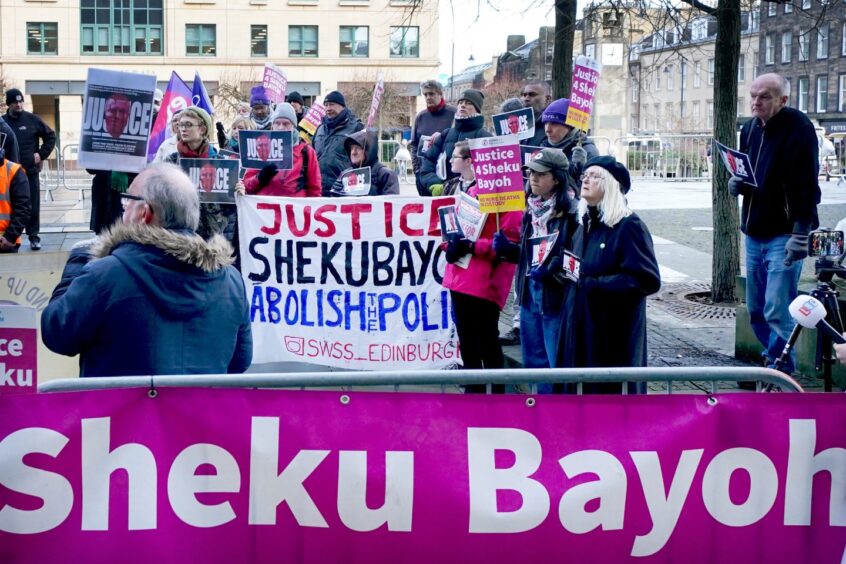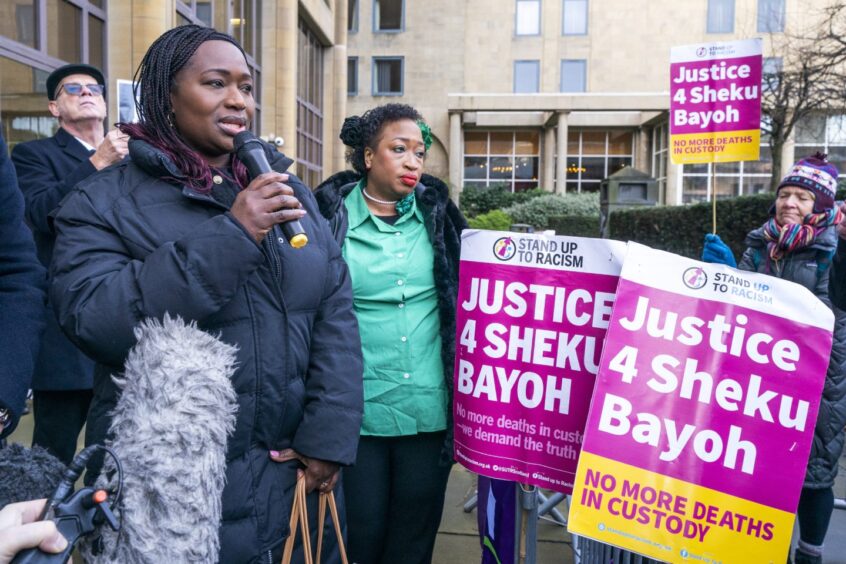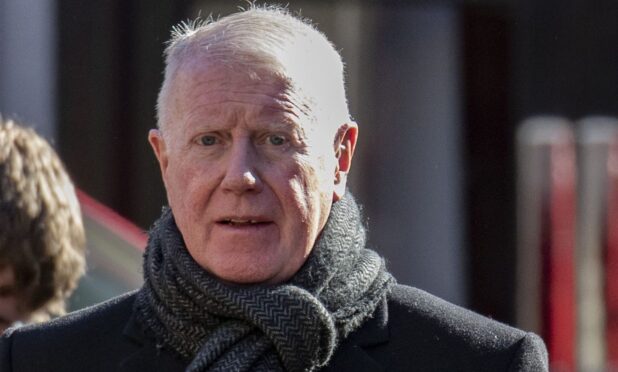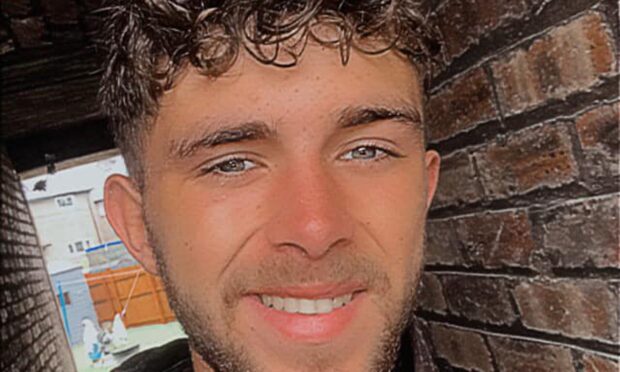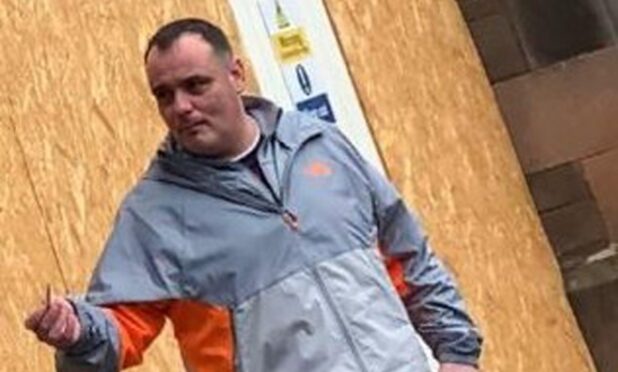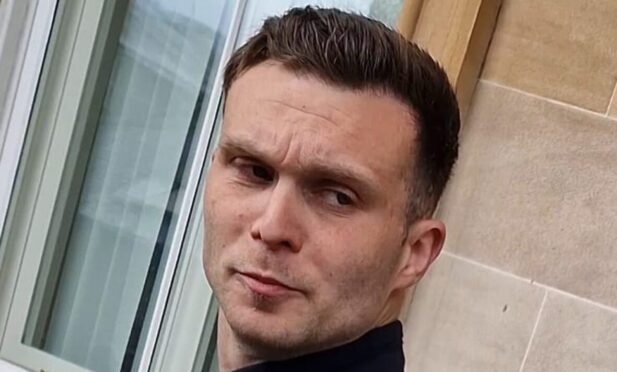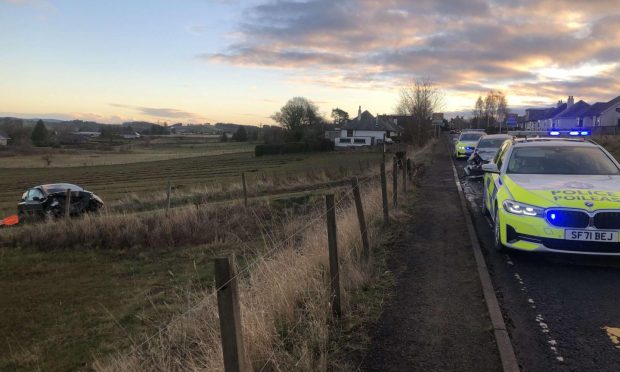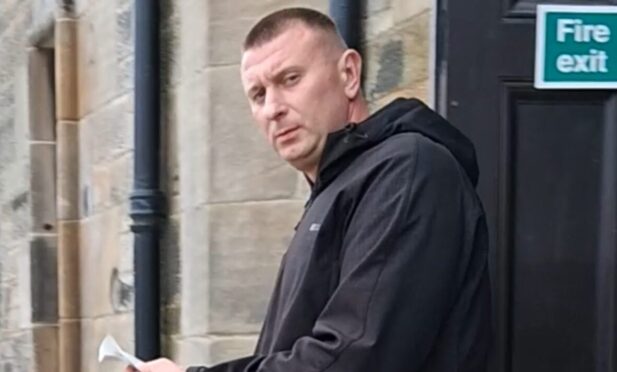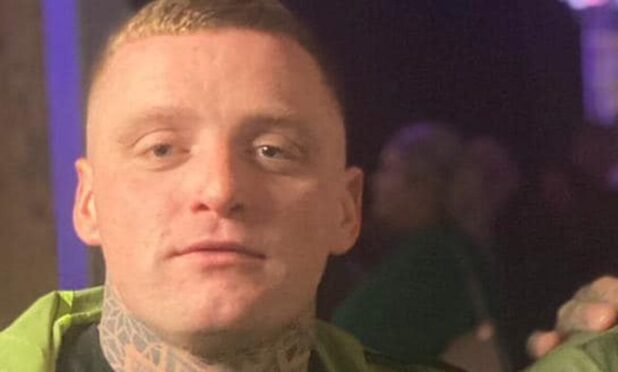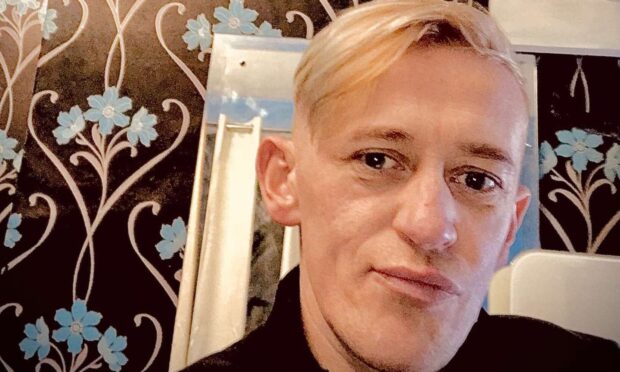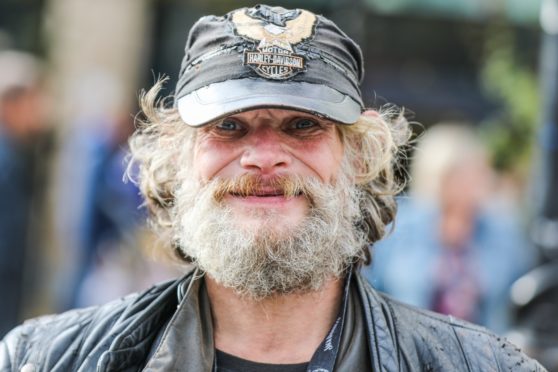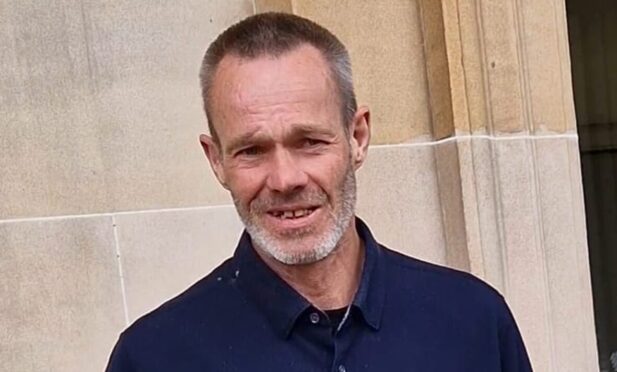A police watchdog senior investigator had received no training in unconscious bias when he began investigating the death of Sheku Bayoh, an inquiry has heard.
Keith Harrower, a senior investigator the Police Investigations and Review Commissioner (Pirc), told the Sheku Bayoh inquiry he now has a “better understanding” of unconscious bias since receiving training on the issue.
Mr Bayoh, 31, a father-of-two, died after he was restrained on the ground by six police officers in Kirkcaldy, on May 3 2015.
The inquiry is examining the circumstances leading to his death, how police dealt with the aftermath, the investigation into his death and whether or not race was a factor.
It restarted after a break of two months with the fifth tranche of evidence, focusing on the post-incident management by Pirc.
Unconscious bias examined
Senior counsel Angela Grahame KC asked Mr Harrower if he was able to “protect” himself from unconscious bias in his line of duty.
Mr Harrower, who has worked for Pirc since its establishment in 2013, told the KC: “I’ve had training on unconscious bias but that was after this incident.
“I’ve had other training but I’m aware of what it is and how it can work with people and a lot of the time because the nature of what it is, and the social stereotyping of people, that they may not even be aware that they’re thinking along these lines and that’s the danger.
“By the nature of it, it is unconscious and potentially, you’re not aware personally that it’s there.
“You have to think these things through all the time and balance everything up and the decisions that you intend to make.”
The KC then asked Mr Harrower if he felt he had been “put into the best position to guard against unconscious bias”, despite not having had training on the matter at the time.
He said: “I think you can – let’s face it – you can always be better equipped with additional training in certain areas.
“I feel, on a personal basis that, I think these things through and guard against these outside influences but you’re never going to be able to say, ‘it’s a perfect world’ and everybody’s going to be 100% trained to cover every aspect of every type of investigation we come across.”
He said he is in a better position to do so now.
Investigator addresses lack of trust
The inquiry moved on to discuss concerns cited by Mr Bayoh’s partner, Colette Bell, who previously told the inquiry in February last year, Pirc is “made up of ex-police officers” and stated she had “lost all trust” in the police and Pirc as a result.
Ms Bell said it is “not really transparent if it’s the police investigating the police” and that it is “unfair”.
Mr Harrower said Pirc is “not made up of 100% police officers” and that the workforce consists of a wide range of investigators from a number of professional backgrounds.
Commenting on Ms Bell’s lack of trust in police and Pirc, he added: “Perception is a very difficult thing to combat and some of the people will get definite views and will not move from that, no matter what they see or hear.”
Racism claims
The inquiry has previously heard how police responded to multiple calls about Mr Sheku, walking in Kirkcaldy in the early hours of the morning and apparently striking out at cars with a knife.
He had earlier been at a party where attendees said he had taken drugs.
Police intercepted him on Hayfield Road and brought him to the ground in a violent struggle, in which he is alleged to have stamped on one officer.
He was restrained and later died.
A statement issued on behalf of the Sheku Bayoh family outside the hearing by their solicitor, Aamer Anwar, said the inquiry is beginning a “critical chapter” in the evidence and that the family hope Pirc are held to account.
Mr Anwar said: “The Pirc betrayed not only Sheku and his family but they also betrayed justice and delivered an investigation riddled with institutional racism, incompetence, and total bias.
“They are not fit for purpose – and the family hope they are finally held to account.”
A Pirc spokesperson said: “As the Pirc is a core participant in the proceedings which are live, it would be inappropriate to comment upon the matter at this time.”
A Police Scotland spokesperson said: “It is vital that the role and independence of the public inquiry is respected to ensure the application of the rule of law, due process, and justice being served.
“Police Scotland will continue to participate fully in an open and transparent manner.”
The inquiry, before Lord Bracadale, continues.
Full coverage of the Sheku Bayoh inquiry can be found here.
